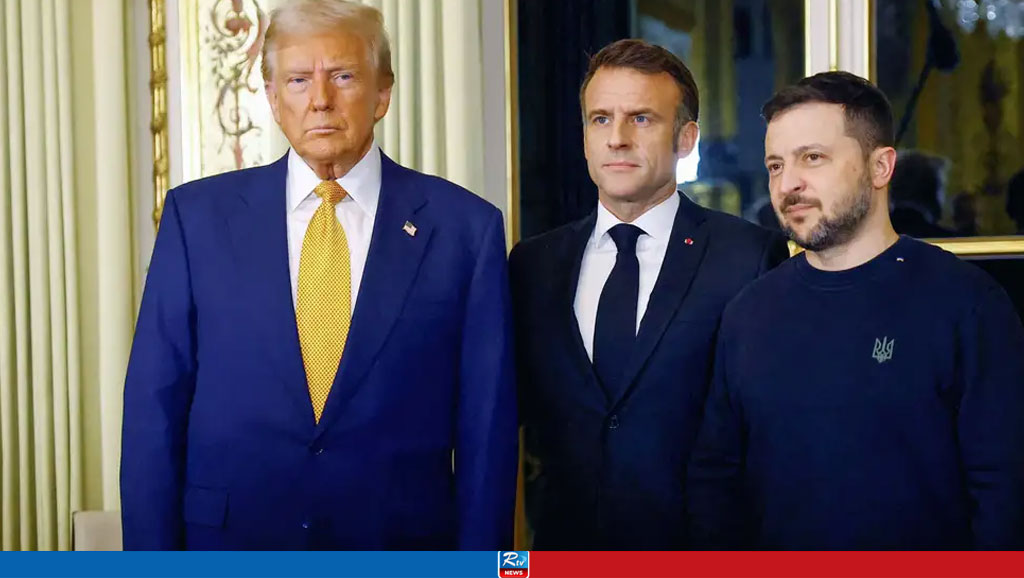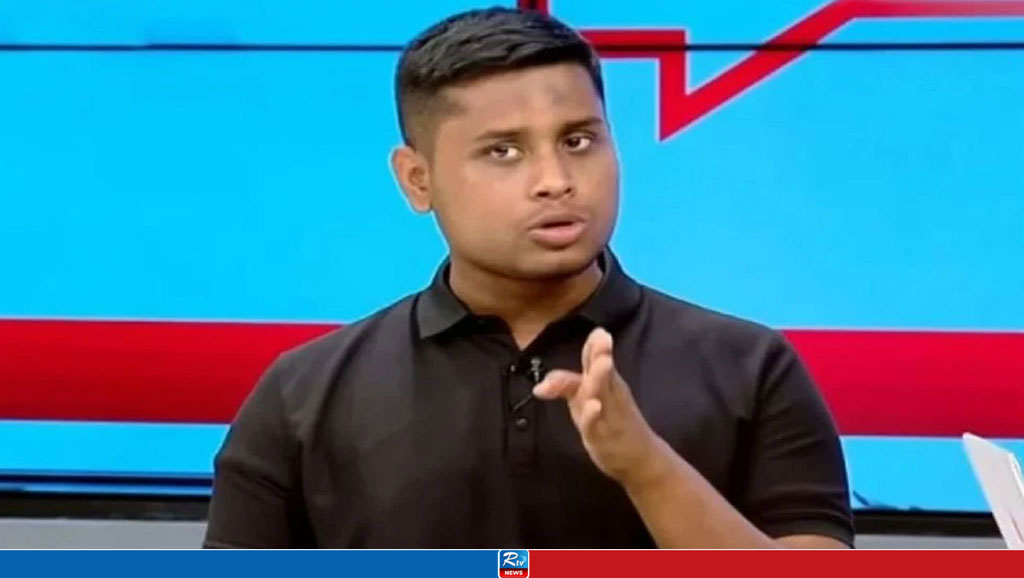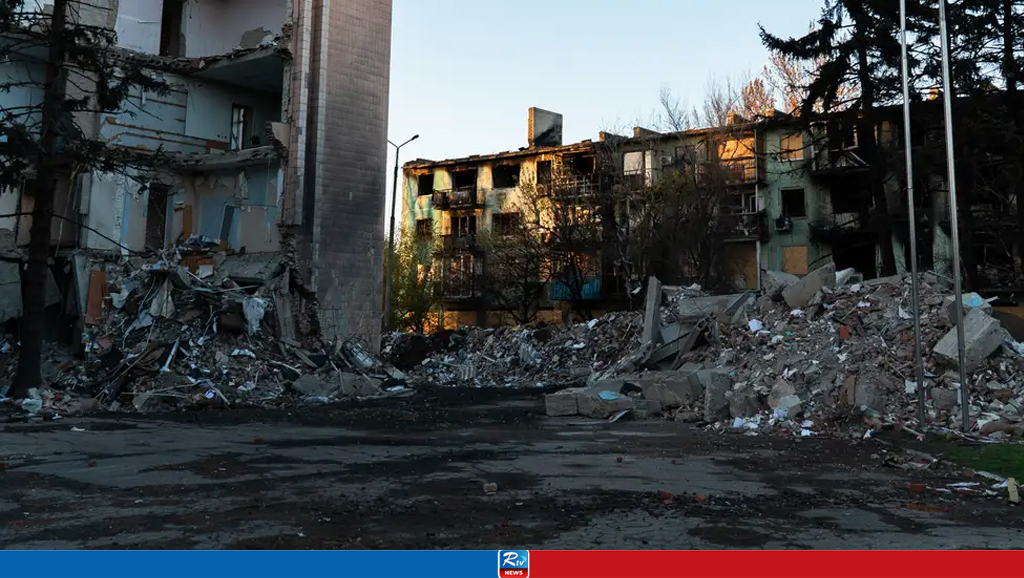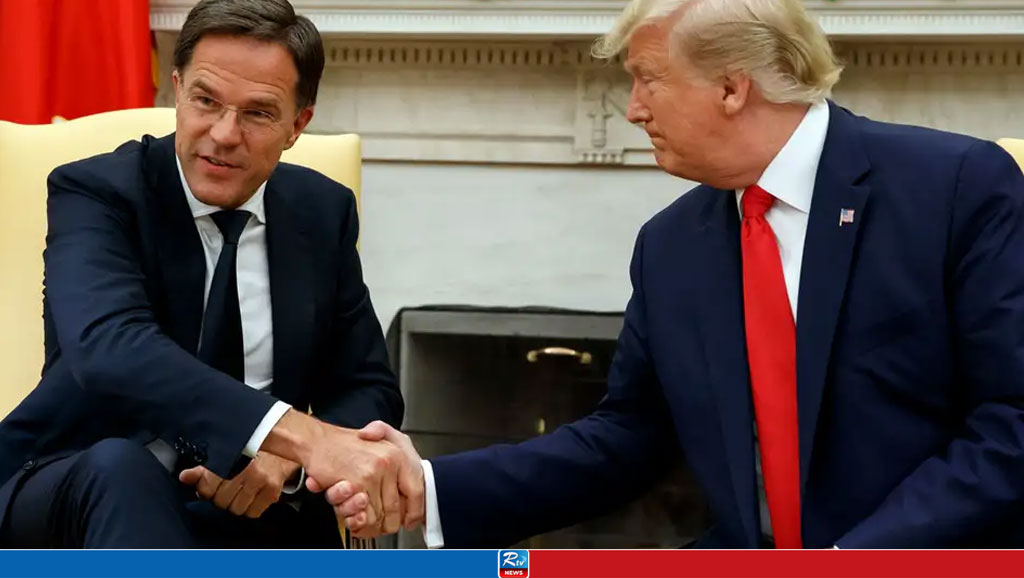NATO summit: No Ukraine entry timeline, Turkey backs Sweden

NATO members have said they want Ukraine in the alliance when the time is right, as Turkey drops its opposition to Swedish accession on day one of two-day summit in Vilnius, Lithuania.
A summit communique issued by NATO leaders meeting in Vilnius, Lithuania, on Tuesday, said, "Ukraine's future is in NATO."
The document said thatKyiv would be asked to join the military alliance when "members agree and conditions are met."
No hint was given as to when that might be.
NATO Secretary General Jens Stoltenberg said, "there has never been stronger language for membership in NATO."
Zelenskyy dissatisfied at 'weakness' of position
But Ukrainian President Volodymyr Zelenskyy voiced disappointment over the situation, saying it would be "absurd" if no time frame for membership were given.
"I traveled here today with belief in a decision, with belief in partners, with belief in a strong NATO, a NATO which does not doubt, which does not lose time," he told a crowd of thousands of cheering, flag-waving Ukraine supporters in Vilnius alongside Lithuanian President Gitanas Nauseda.
Zelenskyy thanked Nauseda for Lithuania's, "clear, honest and courageous position."
Then the Ukrainian leader said, "every soldier expects… our every citizen, our every mother, our every child…" wants certainty from NATO, "is that too much to wish for?"
Olexander Scherba at Kyiv's Foreign Ministry told DW that NATO's position on Ukraine membership in recent years had been "one big lie," saying that Ukraine was already "doing NATO's job and defending Europe."
Speaking on ARD television on Tuesday evening, German Defense Minister Boris Pistorius said, "I understand the dissatisfaction and impatience, particularly in the situation Ukraine is in, I have complete sympathy."
"But nevertheless, the assurance is there: Ukraine will become a NATO member, as soon as the preconditions are met. That's an agreement that hasn't previously existed with such clarity," Pistorius said.
Summit hosts Lithuania praise Ukraine
Nauseda has staunchly backed Ukraine, and Lithuania was the first NATO member to send Kyiv weapons before Russia's February 24, 2022, invasion.
Speaking alongside Zelenskyy, he said, "Ukraine is buying us time with their blood, so we can prepare and give a strong retort to Russia."
The Baltic States — Estonia, Latvia and Lithuania — were the last to become part of the Soviet Union when they were annexed in 1940, and the first to declare independence when it collapsed in 1990.
Still, NATO does not accept countries that are involved in ongoing conflicts, thus sealing Ukraine's fate while it remains under attack from neighboring Russia. Further conditions to be filled by Kyiv are effectively clamping down on corruption as well as modernizing the country's armed forces.
Eastern NATO members who feel the threat posed by Russia, have been far more eager to extend a hand to Kyiv, yet the US and Germany, for instance, fear the consequences of NATO ultimately getting drawn into an open conflict with Russia.
Nevertheless, Ukraine is enjoying unheard of assistance, with Germany announcing €700 million (roughly $770 million) in new military aid before the start of the Vilnius summit. France and Norway, too, have recently delivered new longer-range missiles.
US President Joe Biden has offered Kyiv a security guarantee similar to the one Washington maintains with Israel, for example, but Kyiv has been hesitant to put too much faith in such US promises with another presidential election coming up there in November 2024.
Turkey supports Sweden NATO membership after a year of stalling
While in Vilnius, Biden thanked Turkish President Recep Tayyip Erdogan for his "courage" and "diplomatic efforts" on day one of the summit after it was announced that Ankara would drop more than a year of opposition to Stockholm's membership bid.
NATO boss Stoltenberg had spoke of Turkey's change of heart on Monday, saying Turkey would put acceptance of Swedish membership to a vote in parliament — though no date was given when — in exchange for increased security cooperation and Stockholm's assistance in reviving Turkey's floundering EU membership bid. Increased trade and investment were part of the deal as well, and the US rushed to hint at new F-16 fighter jets for Turkey after years with the possible deal on ice.
Turkey had presented an ever-growing list of demands before the announcement. Initially these had to do with members of the Turkish and Kurdish diaspora living in Sweden and then focussed on the arrest and extradition of Erdogan's perceived political opponents.
Sweden has indeed tightened control over the activities of the Kurdistan Workers' Party (PKK), which has been fighting an insurgency against Turkey for 39 years and whom Turkey considers terrorists.
In an agreement signed between the two on Monday, Stockholm also promised to clamp down on the YPG, the PKK's Syrian wing.
In the hours after Erdogan's change of tune on Sweden, several US officials hinted that a long-frozen Turkish bid to acquire F-16 fighter jets from Washington could be revitalized.
Though purportedly not related subjects, Biden said the US would work with Turkey to "enhance defense and deterrence in the Euro-Atlantic area," after he welcomed news of Ankara's about face on Sweden.
The US recently balked at a deal that would have seen 40 F-16s going to Turkey as a result of perceived unreliability from the NATO partner, given its hostility with fellow NATO member Greece, its purchase of Russian air defense technology, and other issues.
Kremlin Spokesman Dmitry Peskov said it was "certain" Turkey's decision to relent on Sweden would have "negative consequences." Turkey and Russia have for years maintained close if tense relations, with Erdogan siding with Moscow and the West in different situations.
On Tuesday, the EU's only other hold-out, Hungary, said acceptance of Sweden's membership bid was now simply a "technical matter."
Other NATO commitments and tomorrow's slate
One other area where members found agreement was in the need for NATO countries to devote "at least 2%" of GDP to defense spending. Previously, this figure was given as a NATO target, not a basline.
German Chancellor Olaf Scholz said that Berlin "will be in a position to do just that next year."
On day two of the summit, the newly-formed NATO-Ukraine Council will convene for the first time. The body aims to improve coordination between Kyiv and alliance members.
Comments
Reliance Chairman Ambani Could Bring Humanoid Robot Like Elon Musk
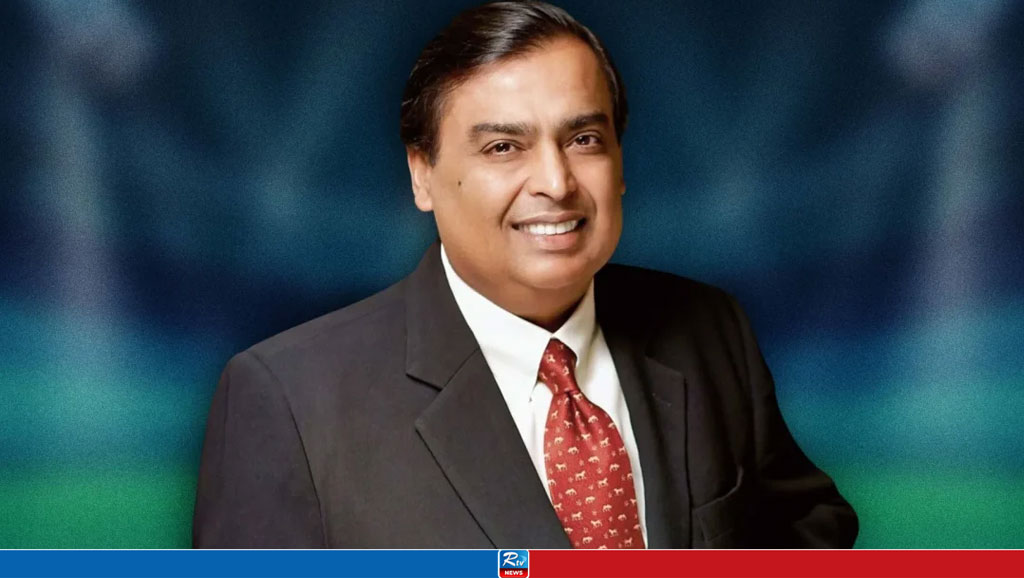
Ukraine Fires US-Supplied Long Range Missiles into Russia
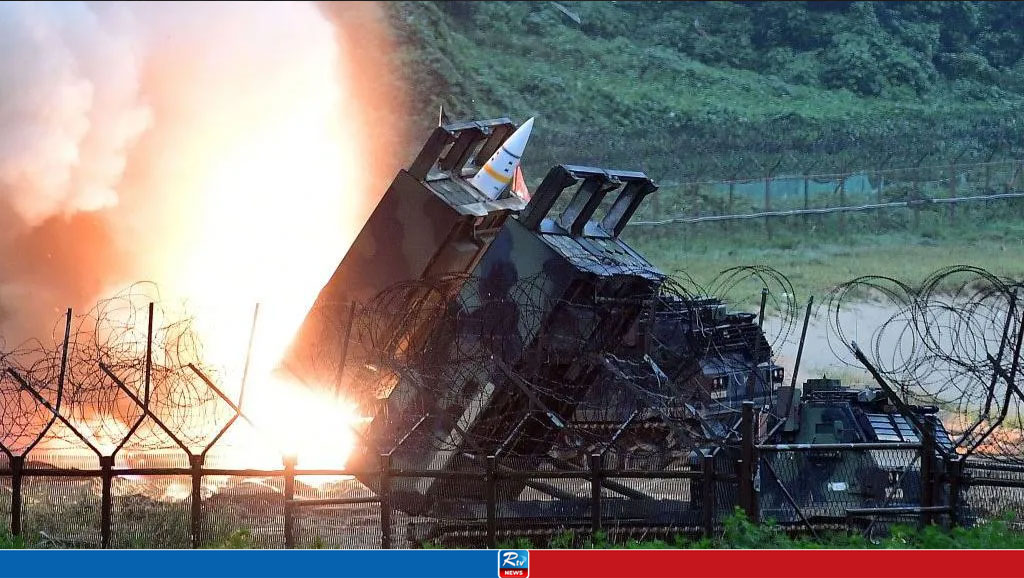
Putin Signs Decree Allowing Nuclear Retaliation
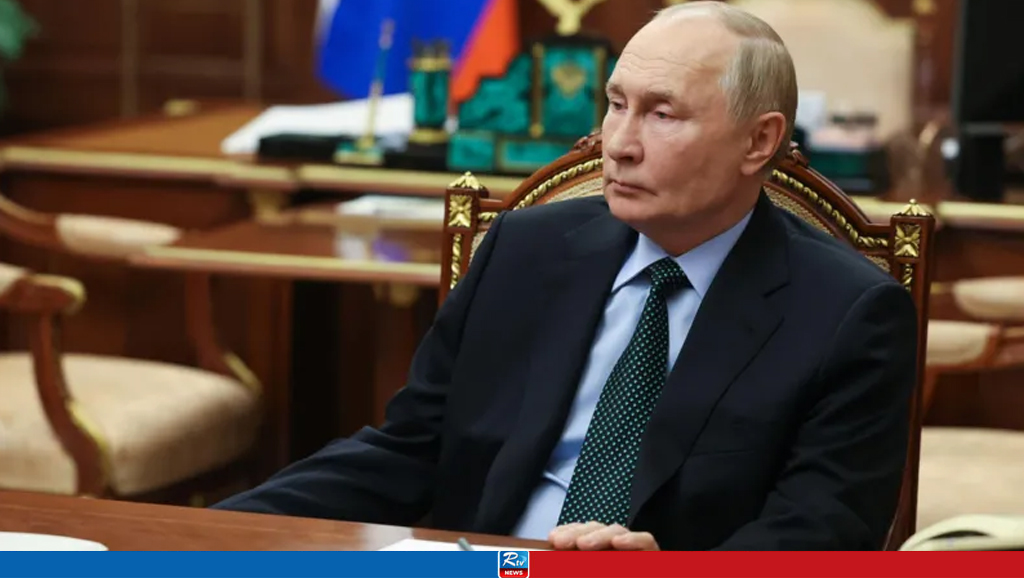
Elon Musk's Starship Rocket Launch Witnessed by Trump
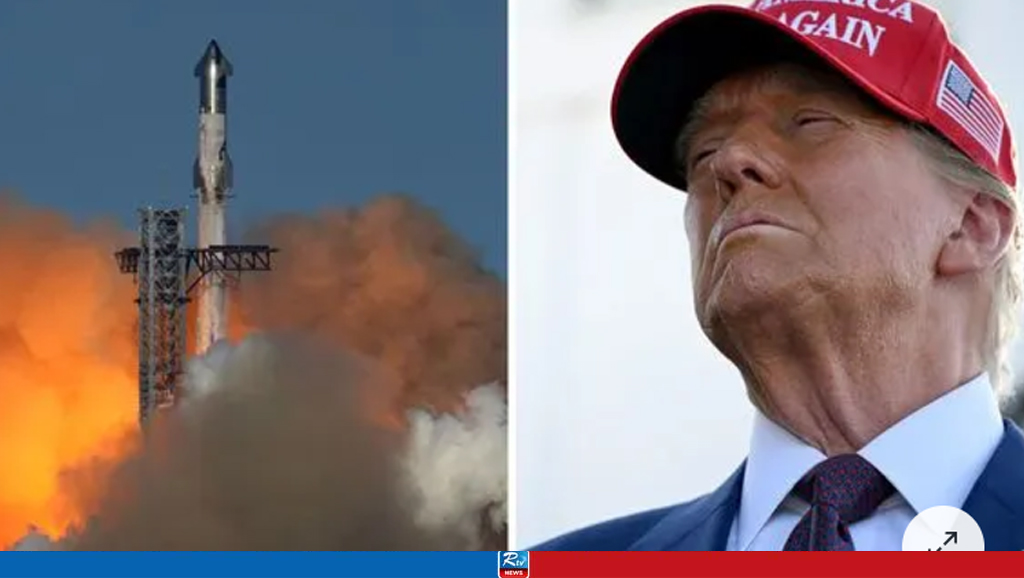
US Charges Indian Billionaire Gautam Adani in Bribery Case

Indian Navy Submarine Collides With Fishing Boat, 2 Fishermen Missing
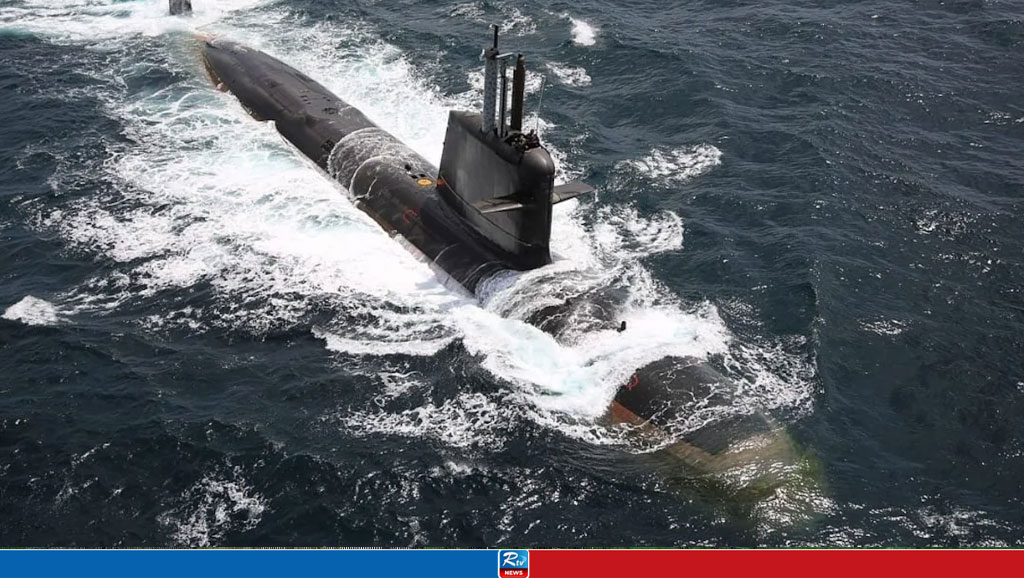
Xi Jinping Visits Morocco, Meets Crown Prince
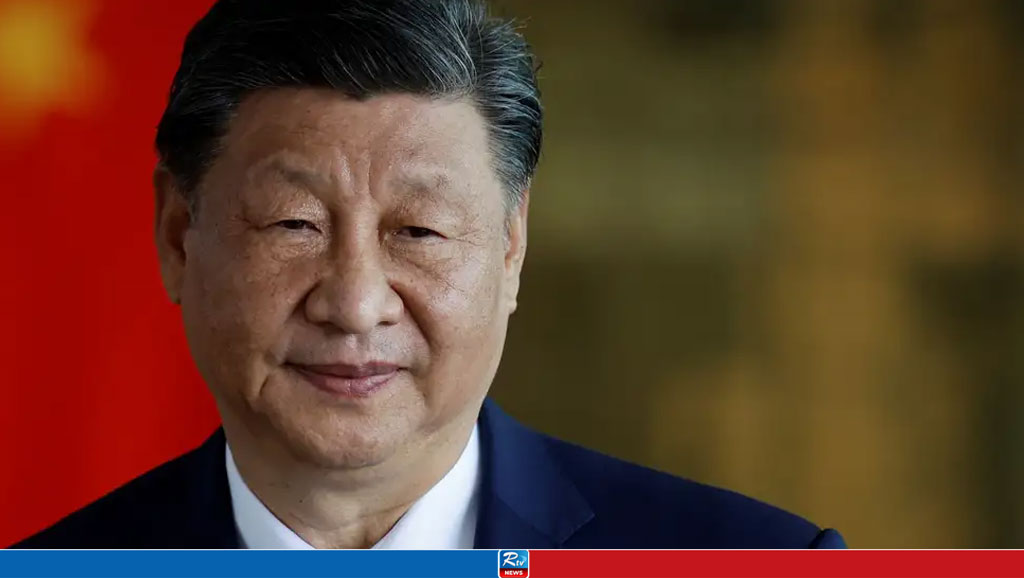

 Live Tv
Live Tv

